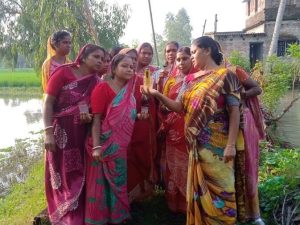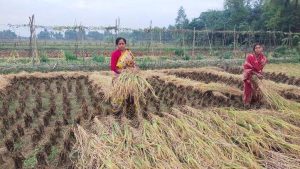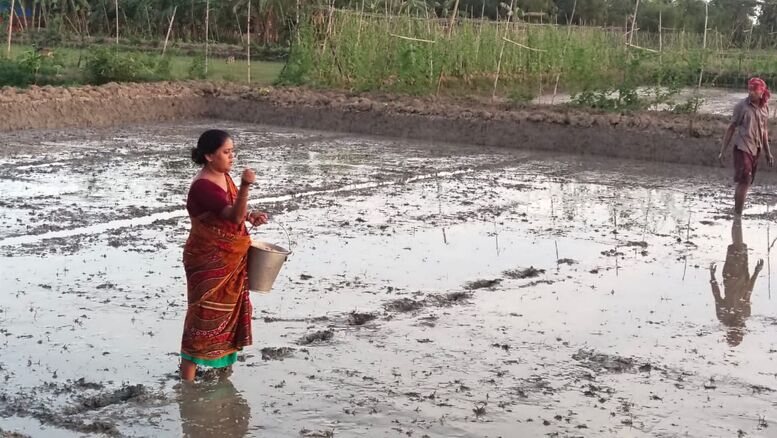India is a great mix of both urban and rural spaces. While urban spaces connect the country to technology and the outside world, the rural part of India produces food and fibre for the entire nation. But despite its valuable contributions, rural spaces in India suffer setbacks in education, technology, innovation, social change, and economic growth. Approximately half of this rural population is women which numerically accounts for 40 crore individuals, according to the last Indian Census. Each rural female contributes to the family income along with maintaining almost all the daily responsibilities by herself. In villages, the work of fetching water and firewood for food is also the responsibility of the females of the household.
It was to commemorate all these rural women that the United Nations announced 15th October as the International Day of Rural Women. The idea is to see women as agents of change at both environmental as well as human developmental levels.
The theme for this year’s International Day for Rural Women is “Rural Women Sustaining Nature for our Collective Future: Building Climate Resilience, Conserving Biodiversity, and Caring for Land towards gender equality and Empowerment of Women and Girls”. This theme aligns perfectly well with the story of Palirani Sahu, an inspiring female changemaker from rural West Bengal.
The 2022 cyclone Amphan in West Bengal created havoc in the rural livelihood of the state. Agricultural lands were completely destroyed, leaving behind barren saline soil. This is where Palirani’s story starts.

Palirani’s Digital Farm School
After the cyclone, Palirani, along with her mates Prasanta Giri and Dilip Mitti started leading a local Digital Farm School or DFS. Started by Reliance Foundation, the school champions learning in innovative practises of organic and integrated farming systems By setting up the school, Reliance Foundation wanted to help local farmers recover from the aftermath of a natural disaster and rebuild their livelihood by providing important tools along with an informed knowledge system.
This could have been possible because of many rural women who could take up strong positions of leadership and dedicatedly work as a decision-maker in agriculture. The biggest challenge India is currently facing in terms of gender inequality is the inclusion of women in the decision-making process. This is so because culturally, a female’s voice is considered less informed and weak. To address the same problem, Reliance Foundation focuses on women leaders in rural areas and strengthens them based on three pillars: inclusive development, livelihood, and social security.
Reliance Foundation was founded by Mrs Nita Ambani to provide impetus to various philanthropic initiatives of Reliance Industries Limited. Because of its persistent push to the cause of women empowerment, Reliance Foundation has emerged as one of the largest philanthropic organisations the country has today.



